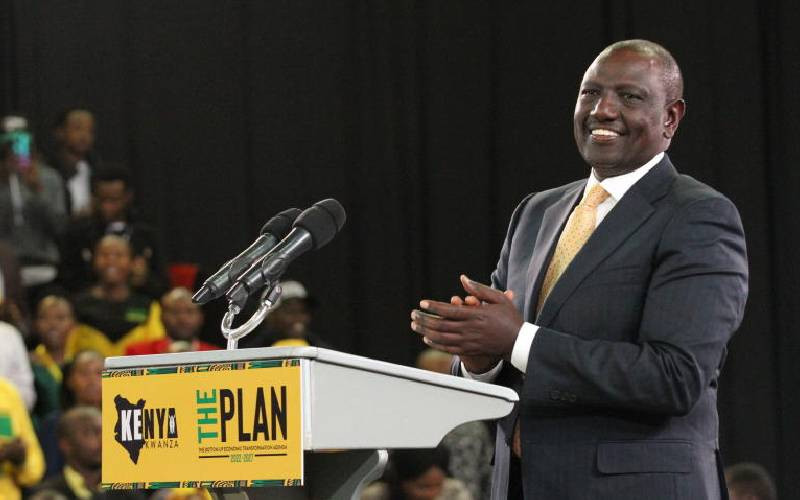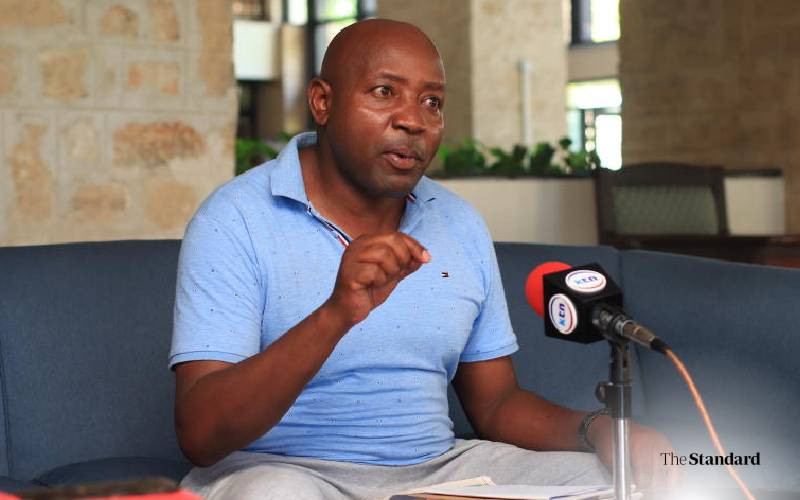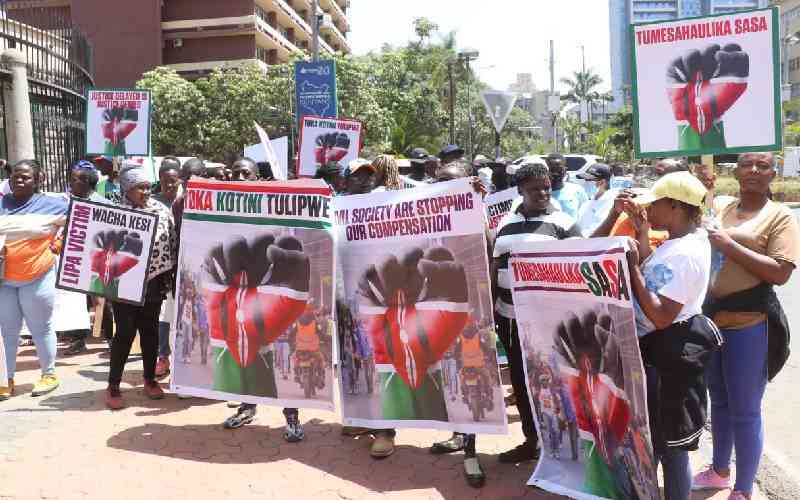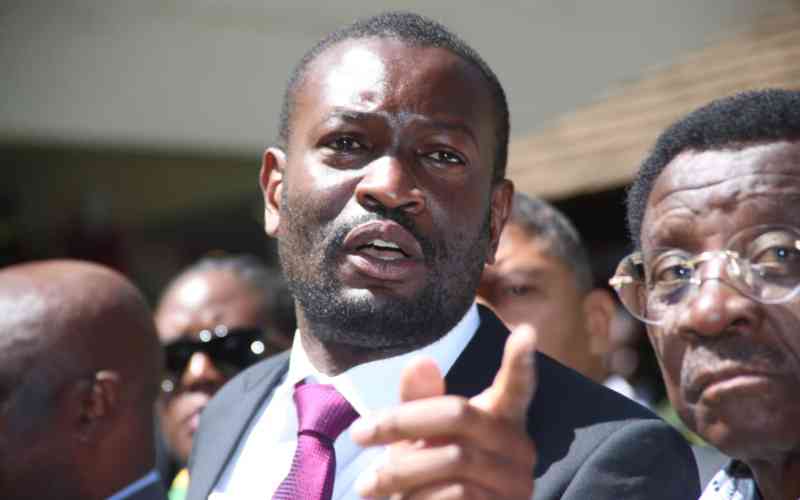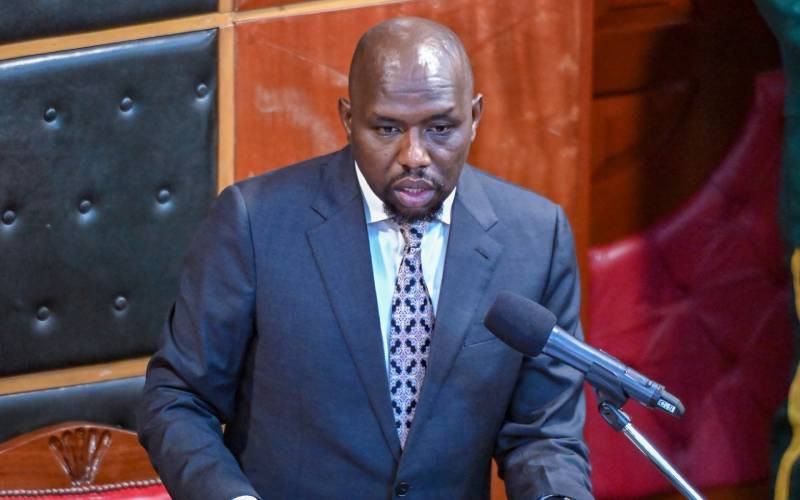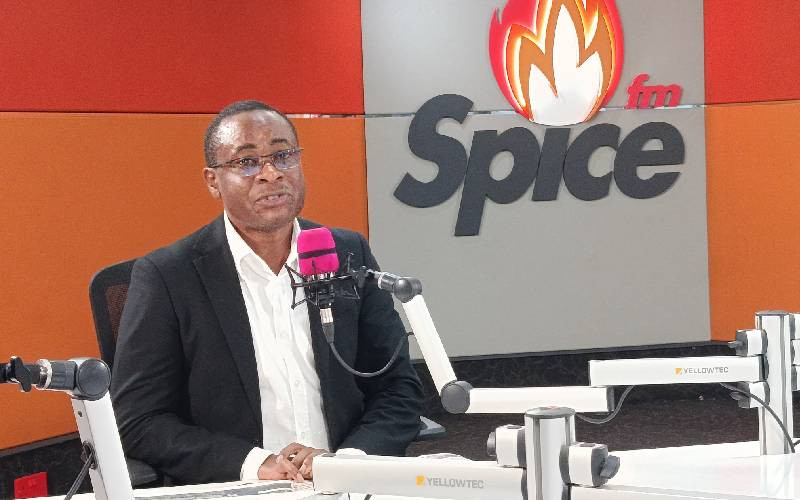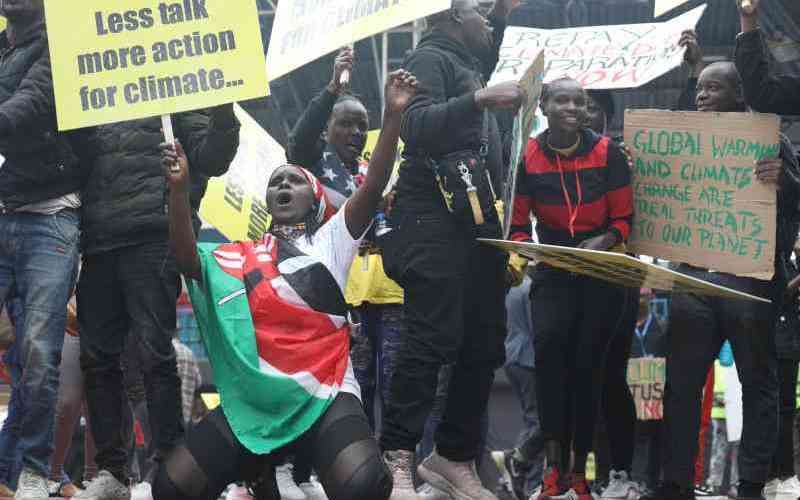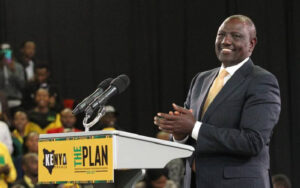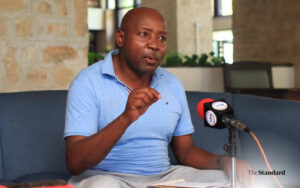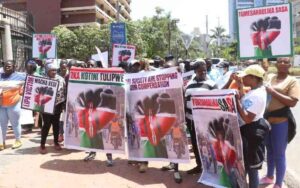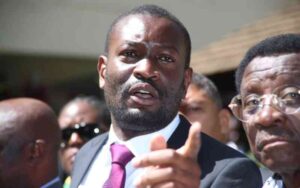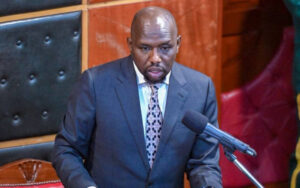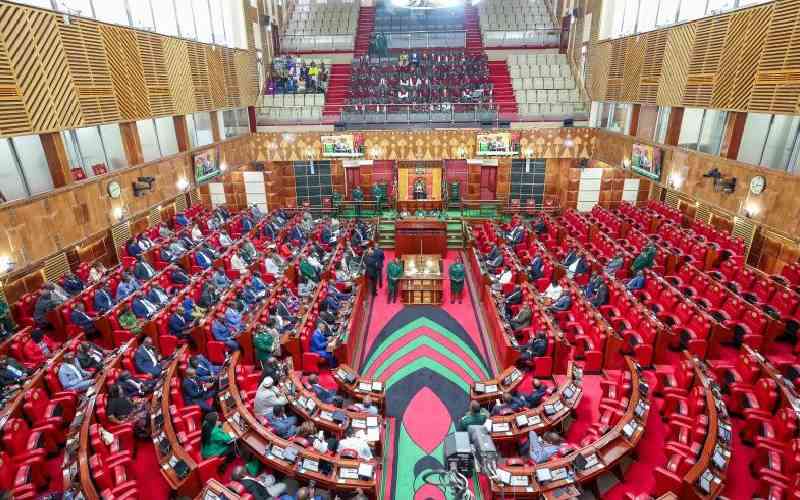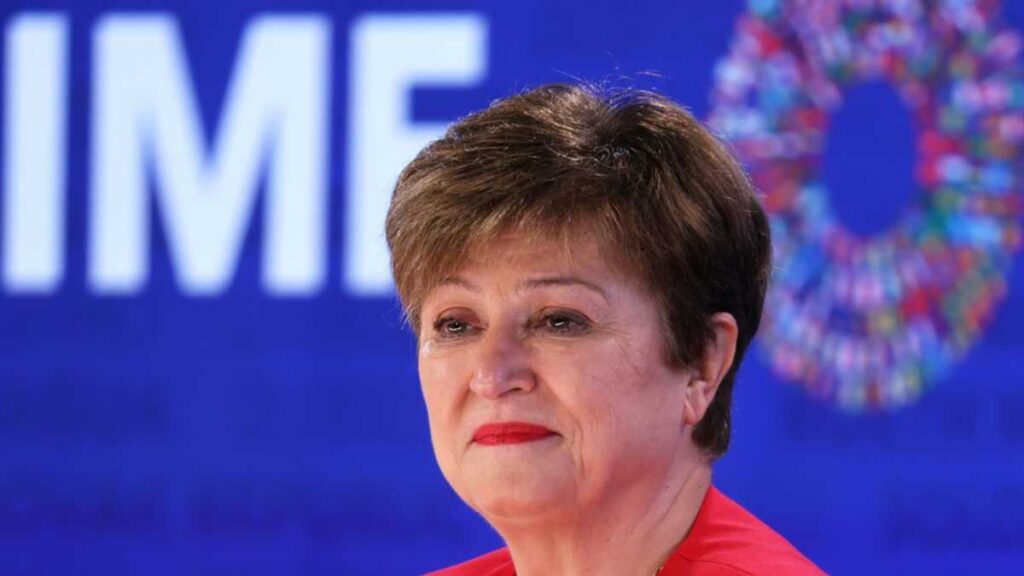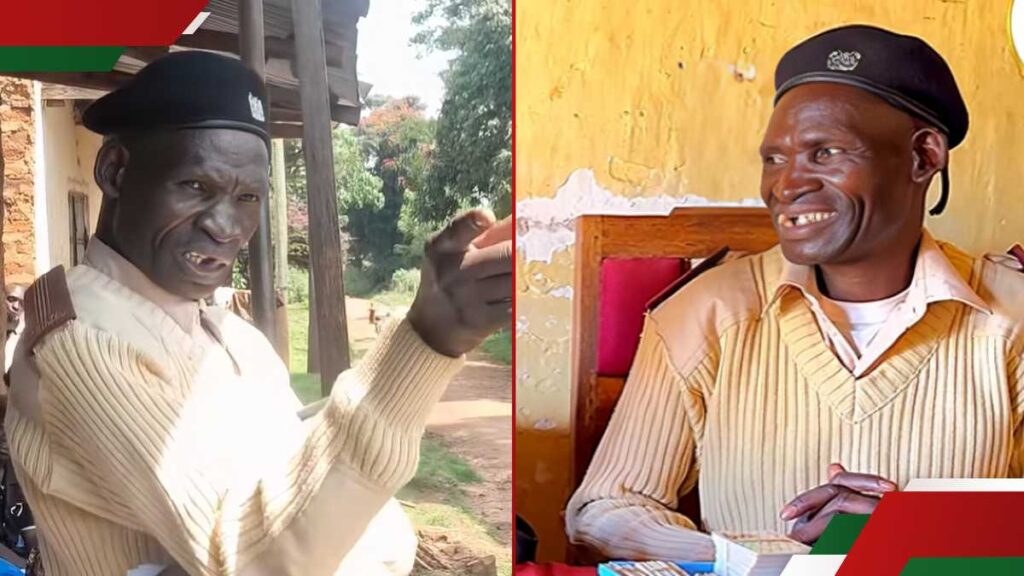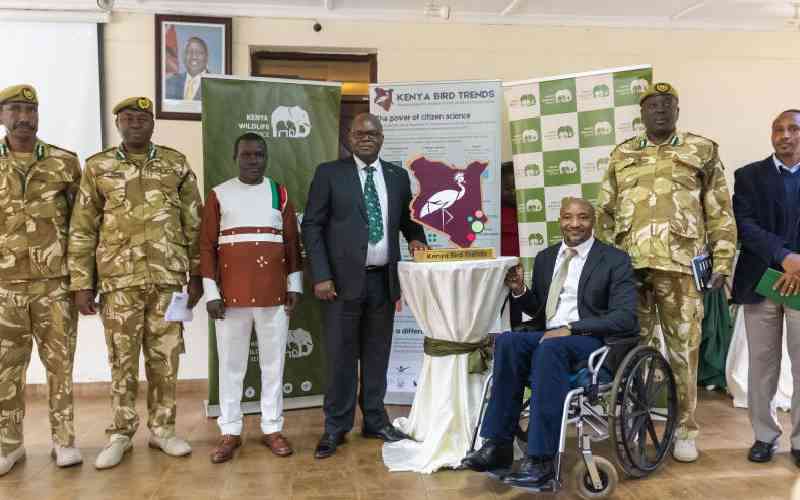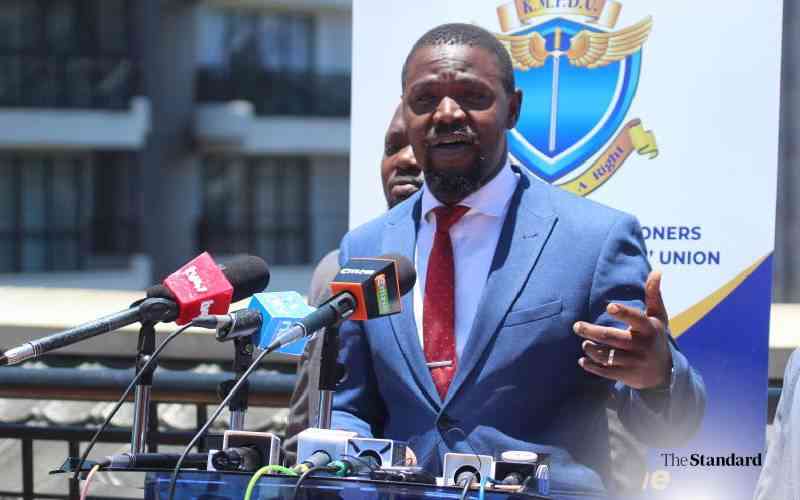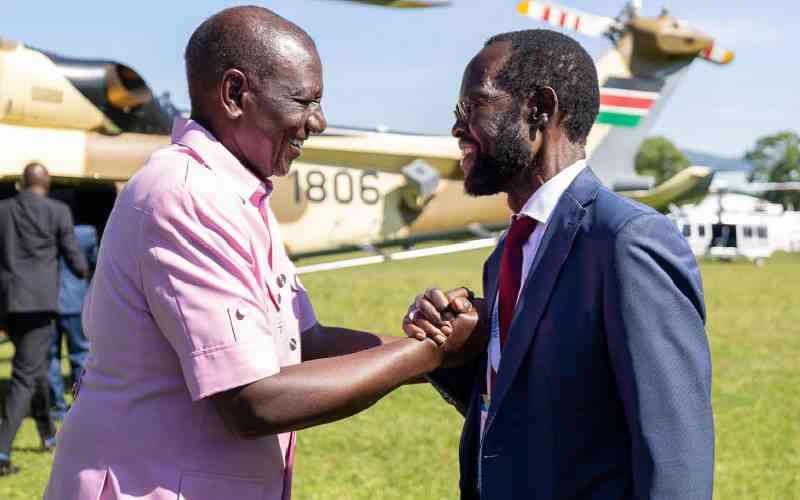African youth have called for climate justice and meaningful inclusion in global decision-making as the continent grapples with worsening climate impacts.
The youth and grassroots organisations across Africa urged governments and global institutions to take bold, equitable action anchored on justice, inclusion, and accountability.
“Africa stands on the frontlines of the global climate crisis.We experience rising temperatures, unpredictable rainfall, prolonged droughts, devastating floods, and increasing food insecurity. Yet we have contributed the least to global emissions,”read the statement.
The details are contained in a declaration released by Oxfam,Resilient 40 and the Horn of Africa youth network organizations ahead of the 30th UN Climate Change Conference (COP30) scheduled for 2025 in Belém, Brazil.
The declaration, titled Climate Justice and Resilience in Africa captures the urgency and frustration of a generation determined to be heard.
It draws inspiration from the African Youth Climate Assembly and the outcomes of the Second Africa Climate Summit, calling for transformative, youth-centred action that recognises Africa’s vulnerabilities but also its potential for renewable energy and innovation.
The youth emphasised that they are no longer passive observers in the climate debate.
“Africa’s youth are not victims-we are innovators, problem-solvers, and leaders of change.We hold the world’s youngest population and the greatest potential for renewable energy, nature-based solutions, and green innovation.”the declaration stated.
From grassroots tree-planting campaigns in Malawi to climate education initiatives in Kenya, young Africans have been driving adaptation and resilience efforts.
They now want formal recognition in policy structures.
“We call on African governments, regional bodies, and global institutions to institutionalise youth leadership in climate governance.Our voices must be represented in Nationally Determined Contributions (NDCs), National Adaptation Plans (NAPs), and climate finance frameworks,” the youths stated in their declaration.
At the core of the declaration is a demand for transparency in climate finance.
The youth are calling for simplified and direct funding channels for community and youth-led projects. “African governments must demand accountability from developed nations to deliver on and exceed their $100 billion annual commitment,” the document states.
They argue that funding should focus more on adaptation than mitigation, reflecting Africa’s urgent needs. “Climate justice must reflect gender equity, indigenous rights, and local realities.It must also advance peace and security in regions where climate change fuels displacement and conflict,”the declaration adds.
Stay informed. Subscribe to our newsletter
They are also pushing for a shift in how climate action is defined-from global pledges to local implementation.
“This is not the time for symbolic gestures.We demand action that is bold, just, and transformative,”they cautioned.
The declaration outlines five key calls to action.
These include establishing direct finance channels for youth and local initiatives, advancing feminist and inclusive climate action, protecting Africa’s ecosystems, prioritising adaptation and a just transition, and integrating climate resilience into peacebuilding efforts.
On gender, the youth insist that inclusivity must be central to climate responses.
“Gender equality is both a moral imperative and a resilience strategy,” the statement says, urging governments to invest in education, mentorship, and protection of women’s rights in climate-affected regions.
They also urge stronger protection of Africa’s forests, wetlands, and savannas, describing them as global public goods essential for both livelihoods and biodiversity. “Extractive industries that destroy ecosystems must be phased out in favour of nature-based solutions and indigenous land stewardship,” the youth said.
The declaration appeals to the African Union and regional blocs to strengthen cooperation on renewable energy, ecosystem restoration, and youth skills development. It also proposes the creation of a Pan-African Youth Climate Innovation Fund to finance scalable, community-based climate solutions.
“Our continent’s resilience depends on unity and innovation,” they noted.
“We must strengthen cooperation across borders and empower young people with the skills and resources to drive a green transition,”
As COP30 approaches, the declaration signals a growing impatience among Africa’s youth, who say that decades of global negotiations have failed to match words with meaningful action. “Climate justice is not charity; it is our right, our future, and our shared responsibility,” the declaration stated.
Described as a living document, the African Youth COP30 Declaration they say will continue to evolve through youth movements and civil society engagement across the continent.
It represents, the youth say, both a demand for justice and a blueprint for Africa’s resilience.


